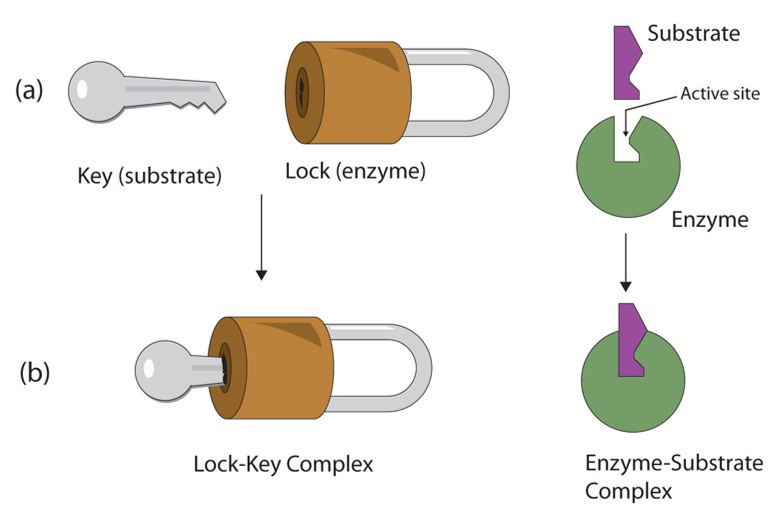DEUTERIUM DEPLETION AND METABOLIC SYNDROME
PRECONDITION FOR OBESITY, DIABETES AND ALZHEIMER’S.
TYPE 1, 2 AND 3 DIABETES
(MALFORMED ENZYMES AND SUBSTRATES)

In a human clinical investigation 30 volunteers with decreased glucose tolerance underwent 90 days long DDW treatment and physiological parameters characteristic to insulin resistance were evaluated to investigate the impact of DDW on these parameters. Evaluating the serum insulin concentration in the entire cohort relative to the values at day 0 during the intravenous glucose tolerance test (IVGTT), we found that serum insulin concentration decreased in 15 volunteers (day 0: 18.0±13.3 μU/ml, day 90: 7.7±4.3 μU/ml, p=0.007). In the group of patients with decreased insulin concentration significant (p=0.008), positive correlation was verified in the decrease of the serum glucose levels (day 0: 5.58 mmol/l, day 90: 5.24 mmol/l). Insulin resistance decreased in more than 30% of the volunteers, due to the increase of the glucose disposal from 6.9±2.4 mg/bwkg/min to 8.6±2.5 mg/bwkg/min. The fact, that DDW simultaneously effects insulin-, glucose values, and insulin resistance confirmed a strong correlation between these physiological parameters that describe the metabolic syndrome and it also suggests, that D- concentration in the body might have an impact on these parameters.
Reference: Somlyai G., Molnár M., Somlyai I., Fórizs I., Czuppon Gy., Balog K., Abonyi O., Krempels K. (2014) A szervezet szubnormális deutériumszintjének kedvező élettani hatása a glükózintoleranciára, valamint a szérum HDL- és Na+- koncentrációra/Effect of subnormal level of deuterium on glucose tolerance, serum HDL- and Na+-concentration. Egészségtudomány/Health Science LVIII, 1, 104-123.
Molnár, K. Horváth, T. Dankó, G. Somlyai (2010) Effect of deuterium oxide (D2O) content of drinking water on glucose metabolism on STZ-induced diabetic rats. Proceedings of the 7th International Conference Functional Foods in the Prevention and Management of Metabolic Syndrome 154-155.

